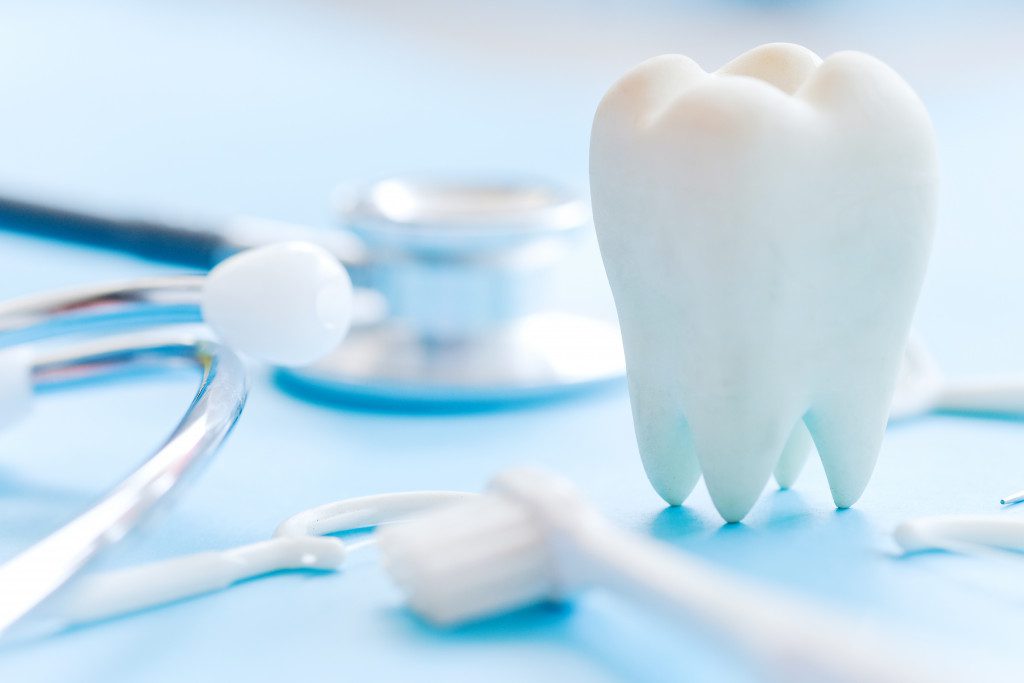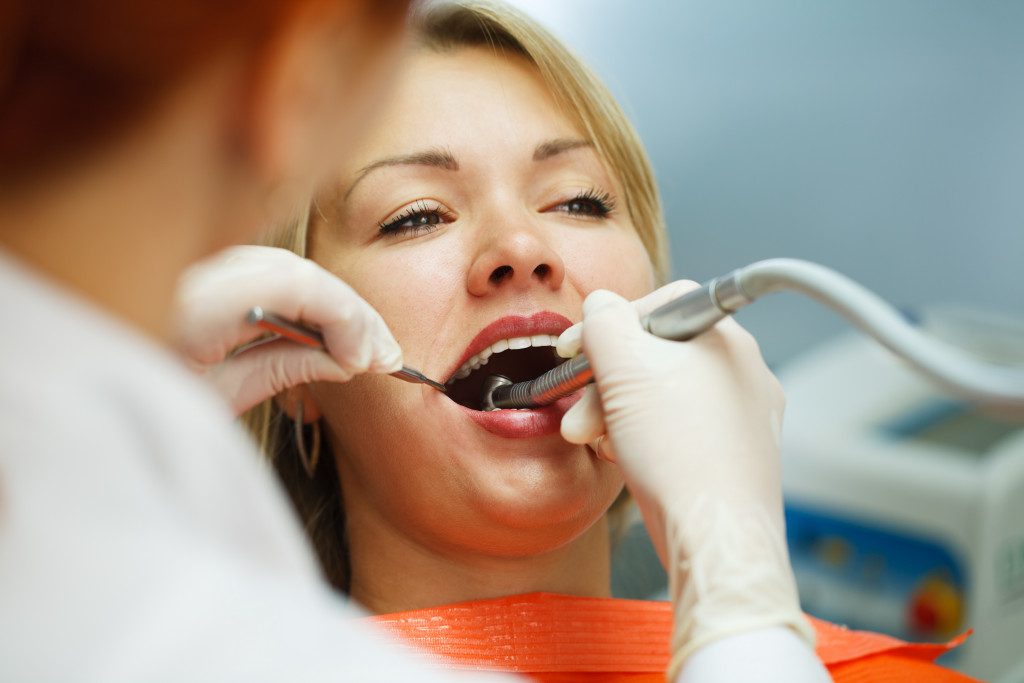- Dental health neglect is expected due to cost concerns, but budgeting strategies can mitigate these issues.
- Regular dental check-ups and preventive measures can help avoid expensive future treatments.
- Dental insurance, membership discounts, and low-cost clinics can make dental care more affordable.
- Preparing for dental emergencies and investing in oral hygiene can prevent costly complications.
One of the significant reasons people often neglect dental health is the perceived cost and lack of accessibility to affordable dental care. Many individuals postpone or entirely avoid routine dental check-ups, while others refrain from seeking necessary treatments due to financial constraints. According to the American Dental Association (ADA), approximately 59% of adults in the United States have neglected dental care due to cost-related issues. Further, the Centers for Disease Control and Prevention (CDC) reports that one in every five Americans aged between 5 and 19 years has at least one untreated decayed tooth. This neglect of dental health exacerbates existing conditions and leads to more severe health complications in the long run.
However, dental health will always be an essential aspect of overall health and well-being, regardless of the financial burden it may pose. Fortunately, these tips can help you budget for dental health without breaking the bank.
Set Aside a Dental Budget

Setting aside a dental budget is paramount to maintaining good oral health. This dedicated financial allocation can help ensure regular dental check-ups and necessary treatments aren’t postponed due to monetary constraints. A well-planned dental budget allows for preventive care, which can avoid more severe and costly problems in the future.
Emergency Dental Fund
An emergency dental fund serves as a safety net for unexpected dental expenses. This could be anything from a sudden toothache that requires immediate treatment to more complex procedures like root canals or dental surgeries. Having a designated fund alleviates the financial stress associated with unforeseen dental emergencies.
Dental Insurance
Dental insurance is another effective way to budget for dental health. While policies and coverage may vary, they can significantly offset the cost of regular check-ups, cleanings, x-rays, and sometimes even significant procedures. Reviewing different plans and choosing one that meets your dental care needs and aligns with your financial situation is crucial.
Dental Clinic Discount Membership
Some dental clinics offer discounted rates and exclusive benefits to members. These membership plans may come with a monthly or annual fee but can provide substantial savings on preventive care, treatments, and cosmetic procedures. It’s worth considering if you have a regular dentist that offers such programs.
Dental Clinic Visits

Regular dental clinic visits are a cornerstone of maintaining good oral health and managing dental finances effectively. Neglecting these visits might lead to escalating oral issues that require expensive treatments later on. Regularly visiting the dentist can identify and address potential problems early, saving you from hefty dental bills in the future. Moreover, dental clinics often advise patients on the best practices for oral hygiene, thereby reducing the risk of developing dental issues.
Here are a few strategies to manage finances for regular dental clinic visits:
Utilize Preventive Services
Most dental insurance plans cover preventive services, such as cleanings and check-ups, because they are crucial in preventing costly complications down the line. Ensure you fully utilize these services to maintain your dental health and decrease future costs.
Opt for Gradual Payment Plans
If a dental procedure is too expensive to pay in one go, ask your dentist about gradual payment plans. These plans allow you to break down the cost into manageable payments over some time, easing the financial burden.
Explore Low-Cost Dental Clinics
Some dental schools and community health centers offer low-cost dental care. They provide various services, from preventive care to minor surgeries, often at a fraction of the regular price. While the wait times may be longer, the savings can be substantial.
Prepare for Dental Emergencies
You will always have a grasp on your dental health, and ignoring them for financial reasons can lead to severe consequences. To avoid this, it’s crucial to prepare for dental emergencies beforehand.
Investing in oral hygiene is the simplest and most cost-effective way to prevent dental problems. This means regularly brushing, flossing, and using mouthwash as recommended by dentists. Practicing good oral hygiene can significantly reduce the risk of dental issues and save money on expensive treatments in the long run.
In addition, it’s crucial to have a plan in place for unexpected dental emergencies. Your teeth might be strong and healthy today, but accidents can happen anytime. For your financial health, you must learn how much dental treatments will cost and how much you must pay out of pocket. Carefully consider your options for paying these costs so you’re not caught off guard in an emergency.
Teeth replacement is among the most common dental services required by individuals. It can range from simple tooth extraction to more complex procedures like implants and dentures. While it may seem like an overwhelming expense, setting aside a specific amount each month can help you prepare for potential teeth replacement needs in the future. You can find teeth replacement services to fit your budget without compromising quality by researching and comparing prices from different providers.
Final Thoughts
Dental health should never be an afterthought, whether for routine check-ups or emergency treatments. You can maintain good oral health and avoid expensive dental bills by taking proactive measures to budget for dental health. Remember to set aside a dedicated dental budget, utilize preventive services, explore low-cost options, and invest in oral hygiene to prepare for dental emergencies. Following these tips, you can prioritize your dental health without breaking the bank.


